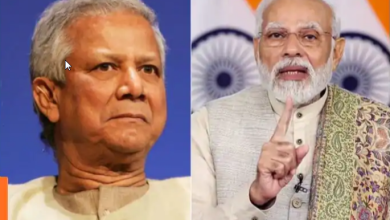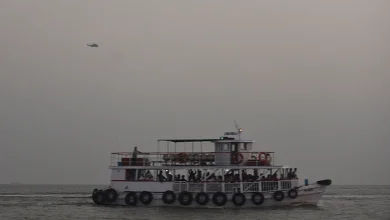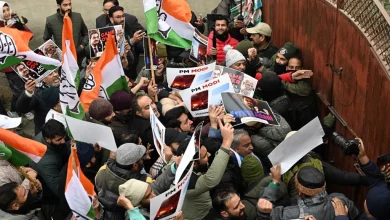Legal importance of bail for Delhi CM Arvind Kejriwal
 New Delhi: The New Delhi lower court’s reasons behind granting bail to Delhi Chief Minister Arvind Kejriwal may only be known when the order comes Friday, the fact that bail was granted to Delhi Chief Minister Arvind Kejriwal is of significant legal import because of the high bar set by the Prevention of Money Laundering Act (PMLA) for bail.
New Delhi: The New Delhi lower court’s reasons behind granting bail to Delhi Chief Minister Arvind Kejriwal may only be known when the order comes Friday, the fact that bail was granted to Delhi Chief Minister Arvind Kejriwal is of significant legal import because of the high bar set by the Prevention of Money Laundering Act (PMLA) for bail.
The Kashmir Media Service reported that the Section 45 (1) of the statute says that no accused shall be released on bail unless “the Court is satisfied that there are reasonable grounds for believing that he is not guilty of such offence and that he is not likely to commit any offence while on bail”. In effect, the bail order potentially puts a question mark on the Enforcement Directorate’s case against Kejriwal.
This is one key reason why securing bail under the PMLA is very difficult and most accused end up spending several months, if not years, behind bars before the courts grant them bail.
Kejriwal’s deputies, former Delhi Health Minister Satyender Jain and former Deputy CM Manish Sisodia, have both spent more than a year in jail despite efforts to secure bail. NCP leader Chhagan Bhujbal, who was arrested by the Enforcement Directorate in 2016, spent more than two years behind bars as he could not secure bail.
The provision has been criticized for being draconian as it expects the court to have trial considerations at the stage of bail. Given that money laundering offences attract three to seven years in prison, such long incarcerations before trial are seen by critics as akin to serving a sentence even before conviction.
The proviso was even struck down by Indian Supreme Court as “unconstitutional” in November 2017 in the Nikesh Tarachand Shah vs. India case. However, it was reinstated by a bench headed by Justice A M Khanwilkar when it upheld the Constitutional validity of PMLA in its entirety.
“A bail order like this can damage the case the ED has as it can cast doubt on the case itself. It can also impact other cases,” an ED official said.








